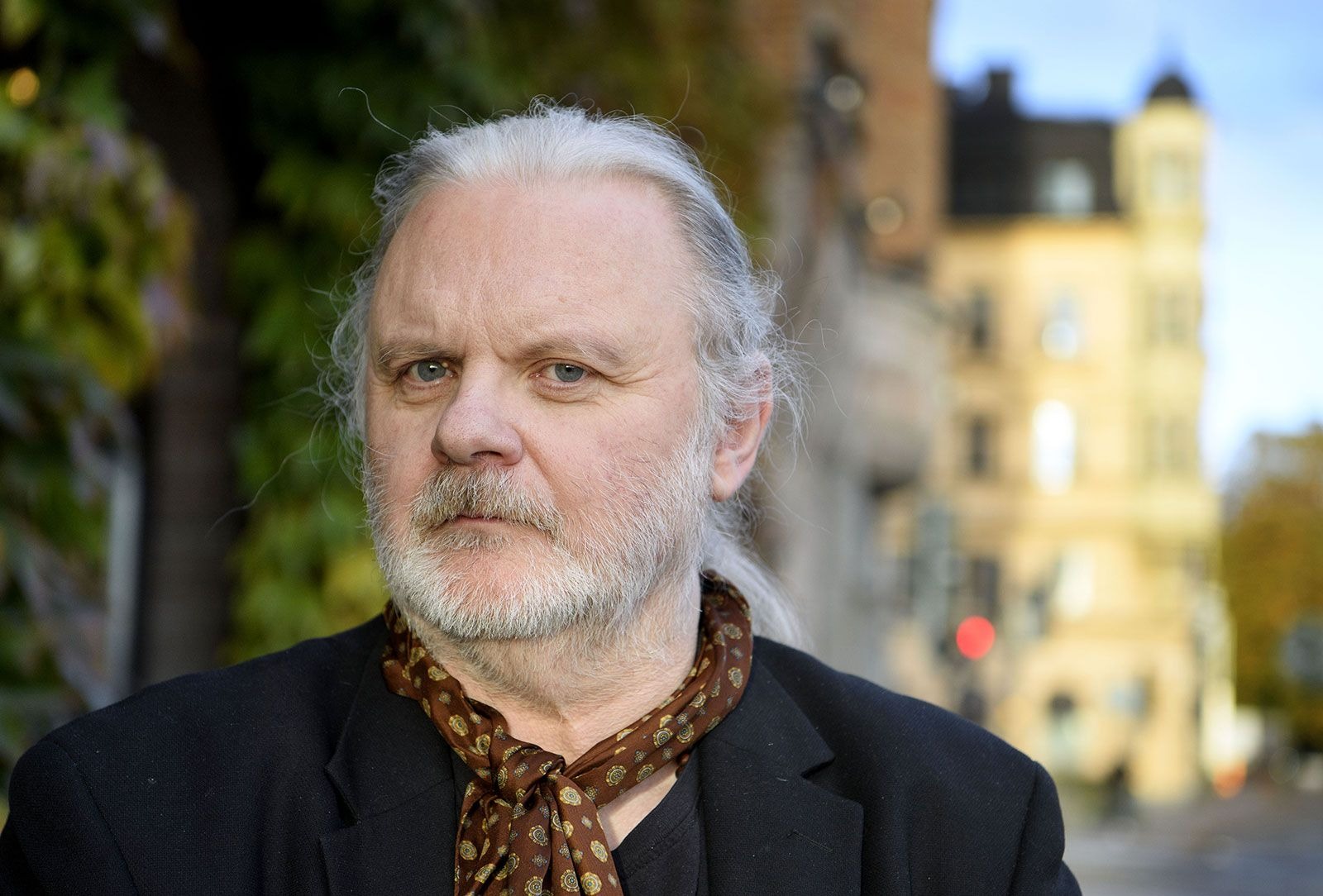Greek tragedy is an art form that has existed for a long time in the history of human development. In it, the stories have many complex, intertwined details, the characters have psychological struggles, inner turmoil, ideological conflicts... This is also seen in Jon Fosse's Three Acts .
The special thing about Greek tragedy is that these terrifying scenes do not take place directly in front of the audience, but they are only heard through the narration of a character or the chorus.

Writer Jon Fosse
Why purify?
About 2,500 years ago, most people were illiterate, so reading was rare. Most people would go to the theater or listen to stories . This was also more effective than reading alone.
The play, therefore, will push the audience's emotions to a fierce climax as the sinful details are recounted. But because they are sitting and watching, the audience acts as a clear-headed observer, and at the same time, is also somewhat fascinated and drawn into this story.
So they are both part of the story and outsiders. They know that they are watching and that the scene is not real. This situation is repeated throughout the play, so the audience is purified.
When a similar event occurs in their lives, they will not react as the characters in the play do. Having witnessed such scenes, they will easily find it ridiculous and inappropriate.
Tragic characters always have mistakes that exceed the allowed limit, thus creating crimes. Through such plays, viewers learn many lessons, one of which is not to exceed the limit, from which viewers become more innocent and less proud...
The Art of Purification by Jon Fosse
In Greek tragedy, the crime scene does not happen, but is only told about. Similarly, in Three Acts , the audience does not witness the tragedy directly, which is useless because it is too horrible and bloody. It is because of Fosse's understanding of human psychology that he can write like this and bring about such an effect.
When not describing in too much detail, the audience has the opportunity to judge, consider and form their own critical opinions. When telling in detail, the audience will no longer think and reason on their own. So in the style of Greek tragedy or Fosse, the audience must initiate and think about this event on their own. The author does not think or judge for them.

Three Acts by Jon Fosse
Literary critic Nhat Chieu commented: "Tragedy brings things that go beyond the limit back to the middle way. That is the meaning of art. Art is not for entertainment. Readers should pay attention to the author's philosophy, not just to the thrilling, sensational details. And great art does not expose barbarism. Great art is to help people think about excesses and thus become clear-headed and purified."
At the seminar, Jon Fosse's use of the art of purification in this work will be discussed, thereby further clarifying the writer's unique writing art, bringing new perspectives and new interpretations on how to see, read and reflect on this work in particular and literature in general.
Source: https://thanhnien.vn/thao-luan-ve-nghe-thuat-thanh-loc-trong-tac-pham-ba-man-kich-cua-jon-fosse-185240625055233253.htm




















































![[Maritime News] More than 80% of global container shipping capacity is in the hands of MSC and major shipping alliances](https://vphoto.vietnam.vn/thumb/402x226/vietnam/resource/IMAGE/2025/7/16/6b4d586c984b4cbf8c5680352b9eaeb0)













































Comment (0)